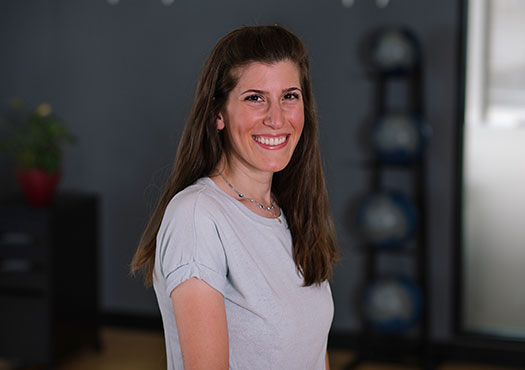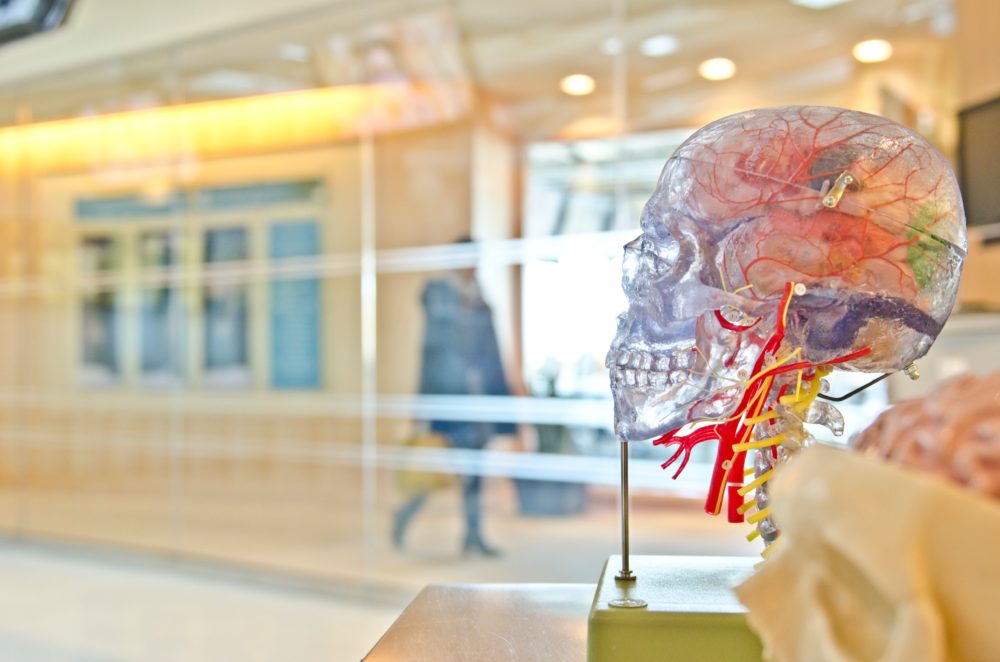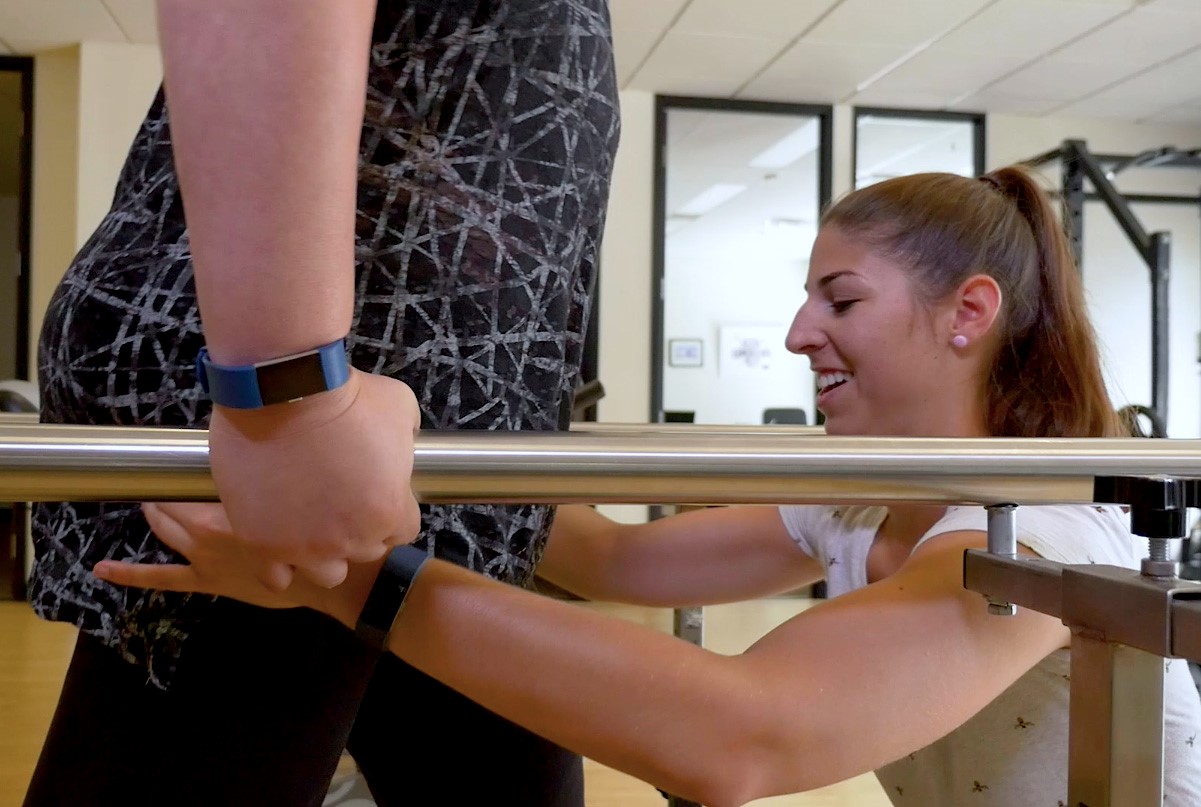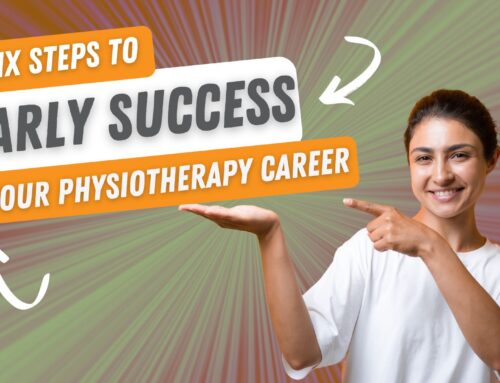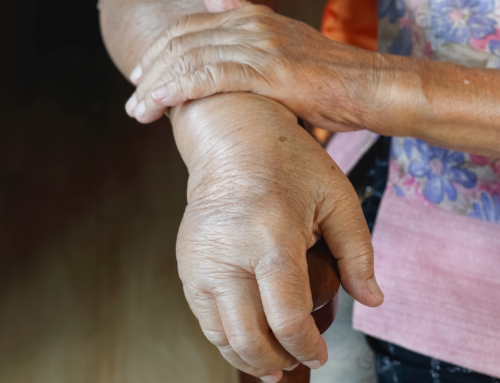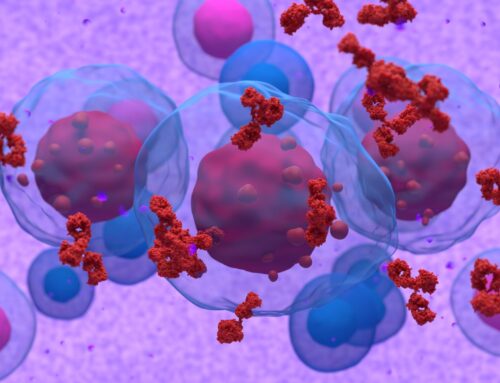Autism spectrum disorder (ASD) can affect both cognition and development. Although ASD is most associated with social or communication challenges, physical or motor impairments may also be present. Physical therapy can play a role in helping children with autism overcome developmental or motor challenges.
Children with ASD may have physical symptoms that range from difficulty with coordinating muscle movement to low muscle tone. Children with autism spectrum disorder are also less likely to participate in physical activity than their age- related peers. And it has been suggested that physiotherapists (PT) could potentially facilitate their participation.
Some common physical challenges experienced may include:
- Decreased balance and coordination, including decreased automatic reactions to keep themselves upright when losing balance, or protect themselves when they fall, which is especially noticeable with increased task difficulty
- Poor core strength due to decreased muscle tone, strength and endurance
- Decreased postural control, often develops as a result of the low muscle tone and poor core strength
- Low muscle tone, which requires them to use more strength and energy to move
- Motor planning difficulties, often seen as clumsiness or frequent falls, as this affects the child’s ability to execute a movement
- Difficulty with fine motor skills such as reaching and grasping
- Altered gait pattern, or walking abnormalities
- Muscle tightness
You may enjoy: Physical Therapy for Babies Gross Motor Skills Development
How Can Physiotherapy Help My Child with Autism?
Your child may need to see a physiotherapist if they are not meeting their gross motor milestones.
A pediatric physiotherapist can do an assessment of your child to see if they are meeting typical motor milestones, identify underlying difficulties, and provide an intervention program to help address or improve these difficulties.
The physiotherapist will also work with parents to show them techniques to be used at home. They will assist your child in improving their strength and endurance to ensure that they are working toward meeting their gross motor milestones and skills so that your child will be active and engaged in leisure activities.
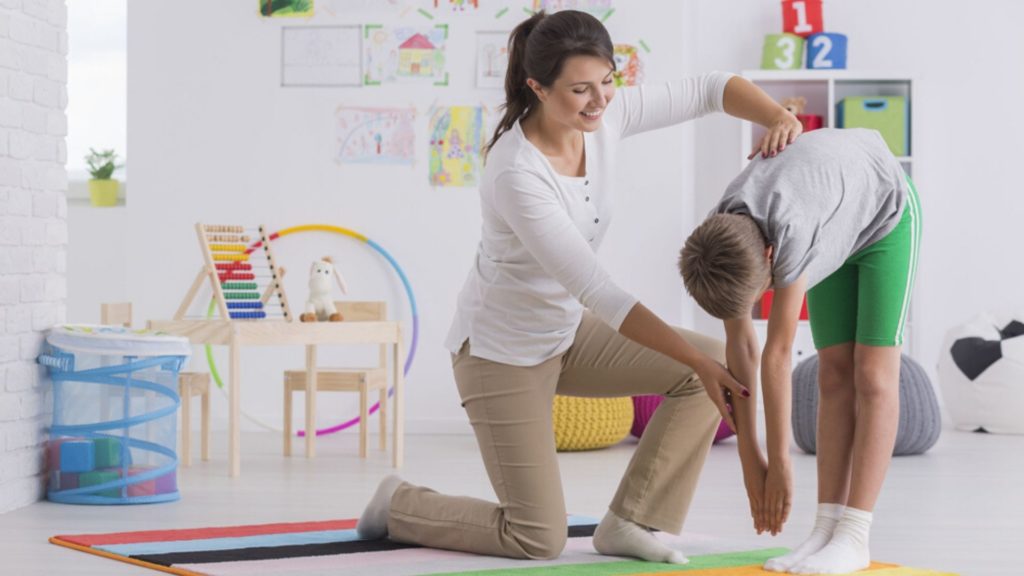
Your child may require physiotherapy support if they are having difficulty with any activities below:
- Rolling, sitting, crawling, or standing
- Walking
- Stair climbing
- Jumping with two feet
- Catching and throwing a ball
- Hopping on one foot
- Participating in community programs or playing with their peers
- Dribbling
- Learning new physical skills such as riding a bike
A physiotherapist can assist with any physical, gross motor or fine motor challenges by:
- Providing specific exercises to help improve posture and postural control
- Providing specific exercises to assist in building muscle strength to improve posture balance, and coordination
- Giving feedback and exercises to improve walking pattern, speed & endurance
- Helping improve fine motor control for tasks such as reaching and grasping for self-care, or other activities
- Assisting in stretching shortened muscles & providing recommendations on bracing and taping
- Helping set realistic physical goals and achieve them
Physiotherapy can be a key treatment for motor difficulties for children with autism spectrum disorder.
If you are concerned about your child’s current development, or their motor skills, please get in touch with us at Propel Physiotherapy so we can assist your child in achieving their therapy goals!
Written by
FOLLOW US!
OUR SERVICES
CLASSES
[fusion_events cat_slug=”parkinsons” past_events=”no” number_posts=”1″ columns=”1″ column_spacing=”” picture_size=”cover” padding_top=”” padding_right=”” padding_bottom=”” padding_left=”” content_length=”” excerpt_length=”” strip_html=”” pagination=”no” hide_on_mobile=”small-visibility,medium-visibility,large-visibility” class=”” id=”” /]


